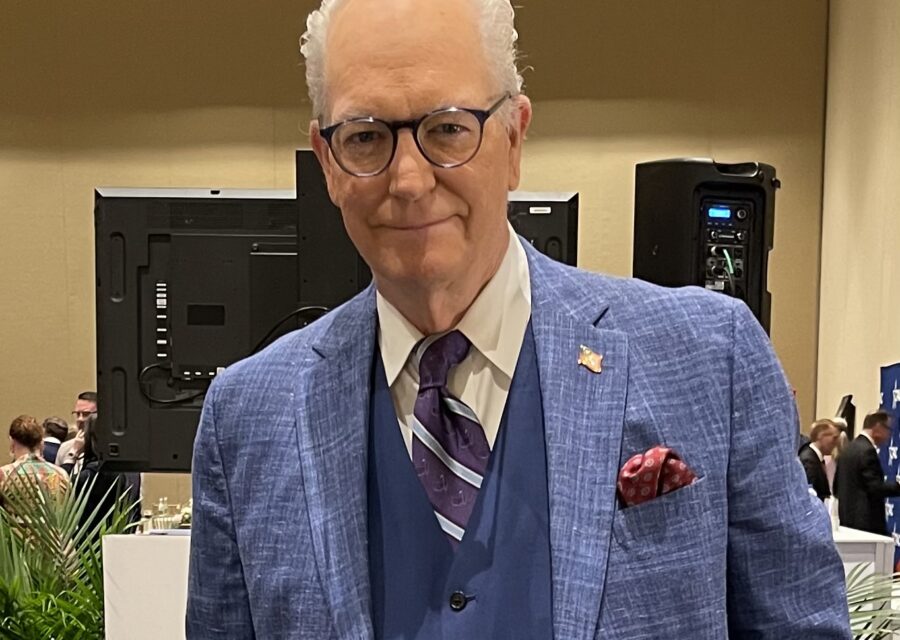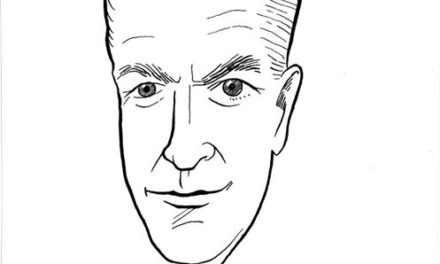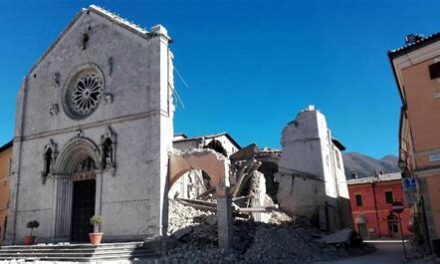I am giving a presentation tonight, and I thought I would share my outline with TCR readers.
CATHOLIC OUTREACH AND THE CLERGY:
What Happens From a Layman’s Point of View
An Outline
Deal W. Hudson
- Good-will, but naive, Catholic laypersons go to one of their priests to talk about supporting “pro-life” in the election only to be rebuffed, either outright, or with a lecture about social justice, or with a nod of head which leads to nothing being done.
- These same lay Catholics then begin to talk to others in the parish only to find many are also hostile, or fear “politicizing” the church, or are worried about what “father” will think: “Have you asked Father?” they will ask.
- These same lay Catholics are bewildered by the fact those in the parish are not responsive to political engagement on the side of protecting life and end up doing little or nothing, and becoming cynical about the Church’s commitment to life.
- It’s become standard practice in US parishes not to talk about abortion, especially during a campaign season, for many reasons, the most ridiculous one being the charge that to preach against abortion is a partisan activity.
- Those clergy who do get involved often risk being pushed back by their fellow clergy or their bishop, which includes the kind of literature they allow to be displayed on the literature racks in the church, and, of course, any sort of parish-sponsored events that connects the dots between abortion on demand and voting in an election.
- The bishop’s own “Forming Consciences for Faithful Citizenship” document has become so lengthy and weighted down by compromise, so-called “nuanced,” language, it can be hermeneutically spun in any direction you choose, which means it stands for nothing because it can be made to stand for anything.
- The worse offenders are the state Catholic conferences whose voter guides notoriously misrepresent Church teaching on settled moral issues such as abortion, marriage, euthanasia, and fetal stem cell research, and specialize in putting prudential matters on an equal par with settled ones, making each issue, say, worth 10% our of 100%, so that a pro-abortion Catholic politician can have as high, or higher, a rating as a pro-life Catholic politician.
- Clergy who want to be involved in pro-life politics, and want to make a real difference, must be aware of all these dynamics, first, by protecting pro-life activists and overseeing what kind of literature is displayed and what kind of ideas are being taught in the parish.
- Clergy must also protect those who leave voter guides in parking lots, because some clergy send ‘heavies” into the parking lot on Sundays before elections to intimidate pro-lifers out of the parking lot, by saying, “Pastor so-and-so says , ’You have to get out of here,’ or “It’s against the law to do what your doing,” in spite of the fact that the pastor does not have that authority, and it’s not against the law.
- Clergy should affirm the fact that are obliged to participate politically despite their ordination, and are obliged to participate as clergy by teaching authentic Catholic doctrine, and as individuals by supporting the party and candidates of their own choosing.
- Almost everything I have said in the ten points above is understated, no kidding!
Author’s note: I have directed two Catholic outreach efforts for a presidential candidate, George W. Bush in 2000 and 2004. I have also advised a variety of other pro-life candidates in their election efforts. Most of what I know can be found a book written a few years ago, Onward Christian Soldiers: The Growing Political Power of Catholic and Evangelicals in the United States (Simon and Schuster, 2010)















During the eight years that I worked for Birthright, I would frequently take part in fund-raising which was necessary to keep our doors open and pay the rent. I remember one church in particular where, although the Pastor allowed us to fund-raise for Birthright outside of his church, his comment to me was: “Don’t forget that being against the death penalty is pro-life too.” I believe that his vision was more in that area, and that he was only tolerating our “baby-bottle fund-raiser.” But, the other day, I heard something brilliant on Catholic radio. “Abortion IS the death penalty for a being that we know is totally innocent.” If I had that day back with Father, THAT is what I could tell him.